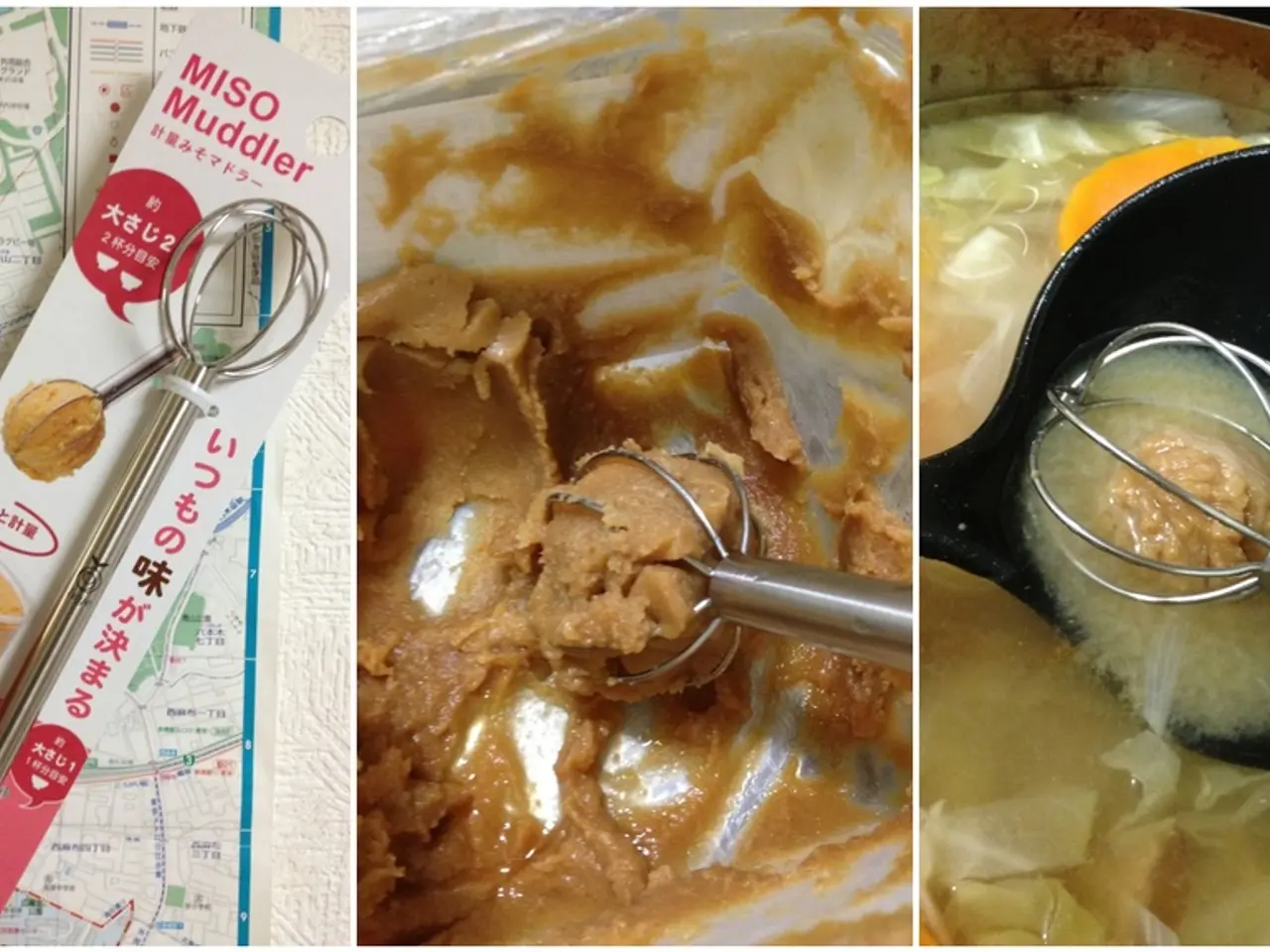Warned environmental test reveals high contamination levels in nearly all cooking oils
In a recent study, 31 out of 50 tested cooking oils failed to meet the required standards, with some potentially posing health risks due to mineral oil contamination. Among the tested oils, Mazola Peanut Oil performed the worst, receiving an "inadequate" rating.
To ensure the safety and quality of the cooking oils you consume, it's essential to focus on oils that are naturally extracted without chemical refining processes. Opt for oils labeled as cold-pressed or extra virgin, as these methods avoid mineral oil contamination. Examples of such oils include extra virgin olive oil, extra virgin avocado oil, and cold-pressed coconut oil.
When making your choice, consider the following key tips:
- Look for the "cold-pressed" or "extra virgin" labels. These indicate mechanical extraction without the use of chemical solvents, reducing the risk of mineral oil contamination.
- Prefer oils with minimal processing. Traditional methods like wood pressing or cold pressing maintain purity and nutritional quality, avoiding mineral oil residues that may be found in heavily refined oils.
- Avoid highly processed and commonly refined oils linked to health concerns. Oils such as canola, soybean, corn, sunflower, and cottonseed oils are often refined with chemical solvents and may contain contaminants including mineral oils. Instead, opt for oils recommended for health benefits and purity like extra virgin olive oil, cold-pressed coconut oil, avocado oil, or grass-fed butter/ghee.
- Check ingredient labels carefully for additives or preservatives. Choose products listed as 100% pure oil without preservatives or additives to reduce exposure to unwanted chemicals.
It's also worth noting that pollutants can transfer from the recycled packaging to the product, and printing inks, which are partly made of mineral oil, cannot be completely removed during the recycling process. To minimize this risk, it may be beneficial to use packaging that does not include recycled materials or printed inks.
In summary, selecting oils labeled as extra virgin or cold-pressed from reputable brands, and avoiding refined industrial oils, is the best practical way to avoid mineral oil contamination and ensure safe consumption. Prioritize heart-healthy and stable oils such as extra virgin olive oil, avocado oil, and cold-pressed coconut oil for overall health benefits and purity.
- To counteract the health risks associated with mineral oil contamination in cooking oils, consider incorporating environmental-science practices like the use of oils that are extracted through natural methods, avoiding chemical refining processes.
- In the realm of science and health-and-wellness, sticking to therapies-and-treatments that involve consuming oils labeled as cold-pressed or extra virgin can help reduce the risk of mineral oil contamination and promote a healthy diet.
- As the climate-change discussion unfolds, it's essential to remember that our food choices, including oils, can have a significant impact. Opting for natural, cold-pressed, or extra virgin oils support environmental-science by avoiding mineral oil contamination and promoting sustainable farming practices.
- While selecting an oil, keep in mind that a healthy-diet isn't only about the nutrients it provides but also the factors that ensure its purity, such as minimal processing, absence of additives, or preservatives, and reducing packaging made from recycled materials or printed inks.




